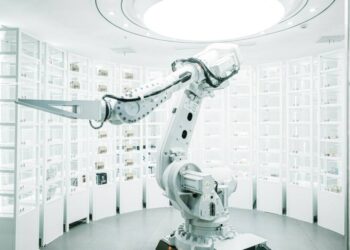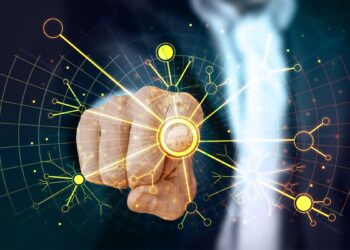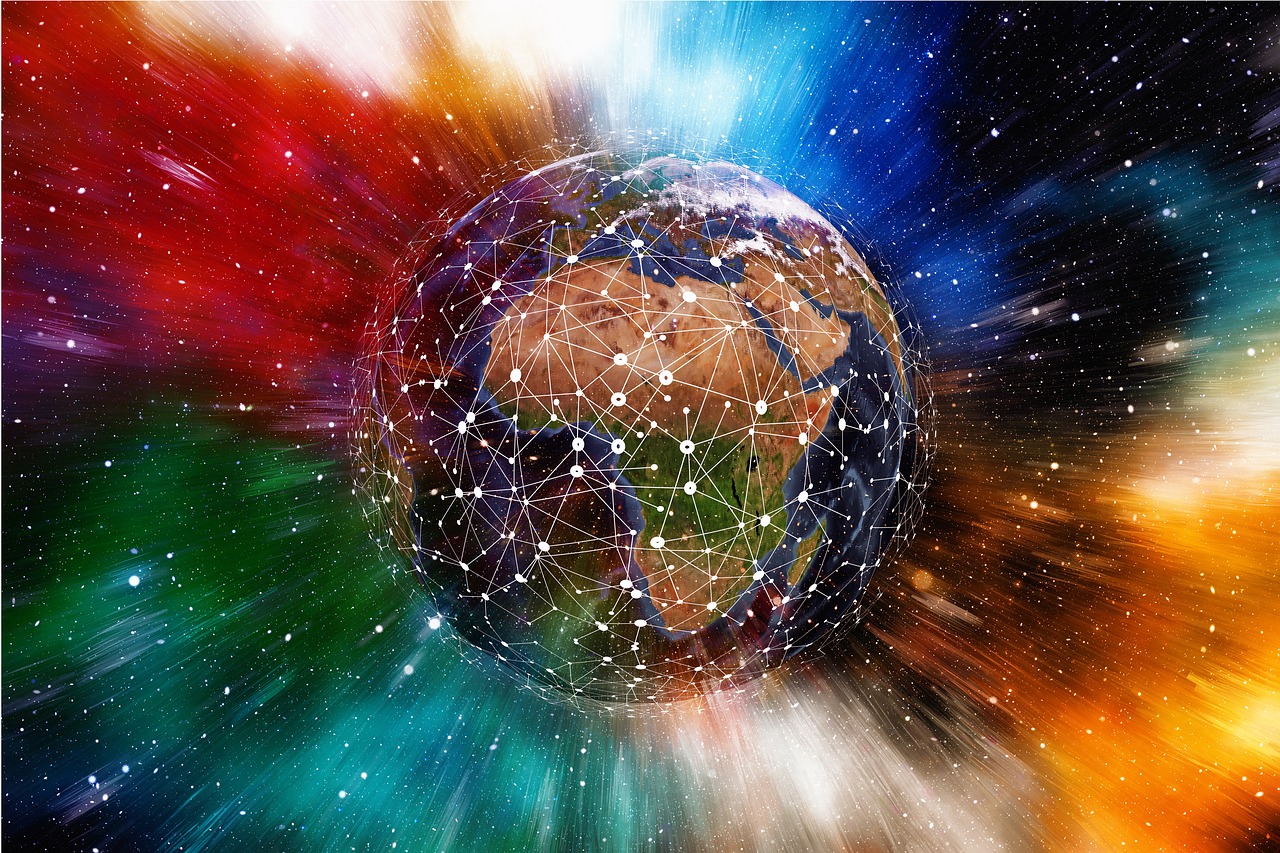In the rapidly evolving landscape of technology, artificial intelligence (AI) has emerged as a game-changer, revolutionizing various aspects of everyday life. From healthcare to customer service and transportation, AI is permeating every sector, promising enhanced efficiency and convenience. This article aims to unravel the mysteries surrounding AI and shed light on its practical applications in our daily lives.
AI in Healthcare: Enhancing Diagnosis and Treatment
The intersection of AI and healthcare holds immense promise, particularly in diagnosis and treatment. With the ability to analyze vast amounts of medical data quickly and accurately, AI-powered systems can assist healthcare professionals in identifying diseases, predicting patient outcomes, and personalizing treatment plans. For instance, AI algorithms can sift through medical images, such as X-rays and MRIs, to detect abnormalities with a level of precision that surpasses human capability. Moreover, AI-driven predictive analytics can anticipate potential health issues based on a patient’s genetic makeup, lifestyle factors, and medical history, enabling proactive intervention to prevent diseases before they escalate. By harnessing the power of AI, healthcare providers can deliver more timely and targeted care, ultimately improving patient outcomes and reducing healthcare costs.
AI in Customer Service: Improving User Experience through Chatbots
In the realm of customer service, AI-powered chatbots are transforming the way businesses interact with their clientele. Gone are the days of long wait times and impersonal responses—AI chatbots offer instant assistance, 24/7 availability, and personalized solutions tailored to individual queries. Leveraging natural language processing (NLP) and machine learning algorithms, these virtual assistants can understand and respond to customer inquiries with human-like fluency and accuracy. Whether it’s resolving product-related queries, processing transactions, or providing recommendations, AI chatbots streamline the customer service experience, fostering customer satisfaction and loyalty. Moreover, by analyzing customer interactions, sentiment, and feedback, AI enables businesses to gain valuable insights into consumer preferences and behavior, driving informed decision-making and enhancing overall user experience.
AI in Autonomous Vehicles: Transforming Transportation and Safety Standards
The emergence of autonomous vehicles marks a transformative milestone in transportation, offering the prospect of safer, more effective, and eco-conscious mobility solutions. Powered by AI algorithms, self-driving cars can perceive their surroundings, navigate complex roadways, and make split-second decisions to ensure passenger safety. By incorporating sensors, cameras, and advanced machine learning algorithms, autonomous vehicles can anticipate and respond to dynamic driving conditions, reducing the risk of accidents caused by human error. Furthermore, AI-enabled transportation systems can optimize traffic flow, minimize congestion, and reduce carbon emissions, paving the way for a more sustainable urban future. As autonomous technology continues to mature, it holds the potential to revolutionize not only personal transportation but also logistics, public transit, and urban planning, reshaping the way we move and interact with our environment.
Conclusion:
In summary, artificial intelligence has transcended its sci-fi origins to become a palpable catalyst for innovation and change across multiple industries. By demystifying AI and exploring its practical applications in everyday life, we can harness its potential to enhance healthcare delivery, revolutionize customer service, and redefine transportation standards. As AI continues to evolve and permeate every facet of society, embracing its capabilities and possibilities is essential for navigating the complexities of the modern world. So, let’s embrace the AI revolution and unlock its boundless opportunities for a brighter, more efficient future.

















